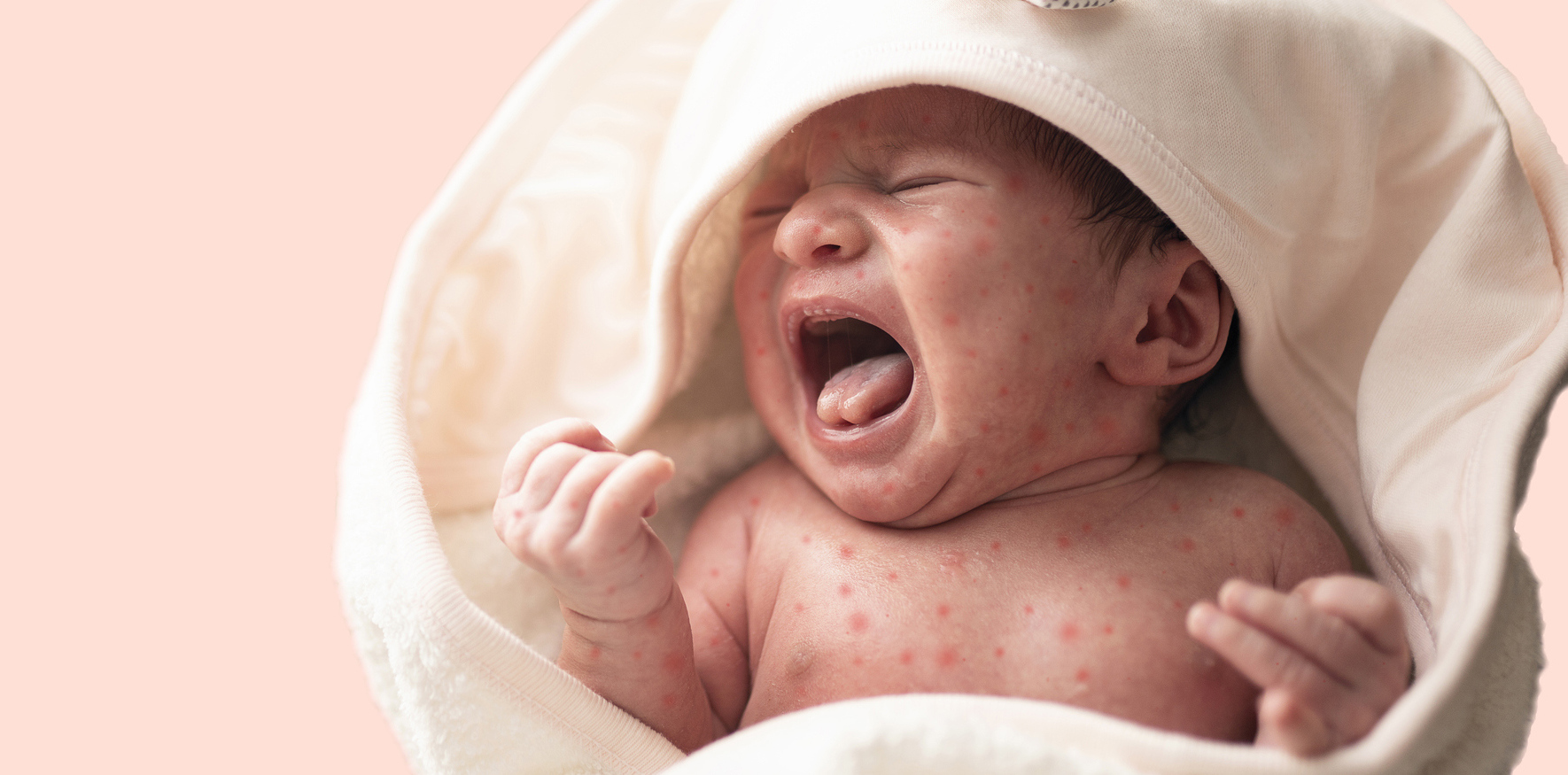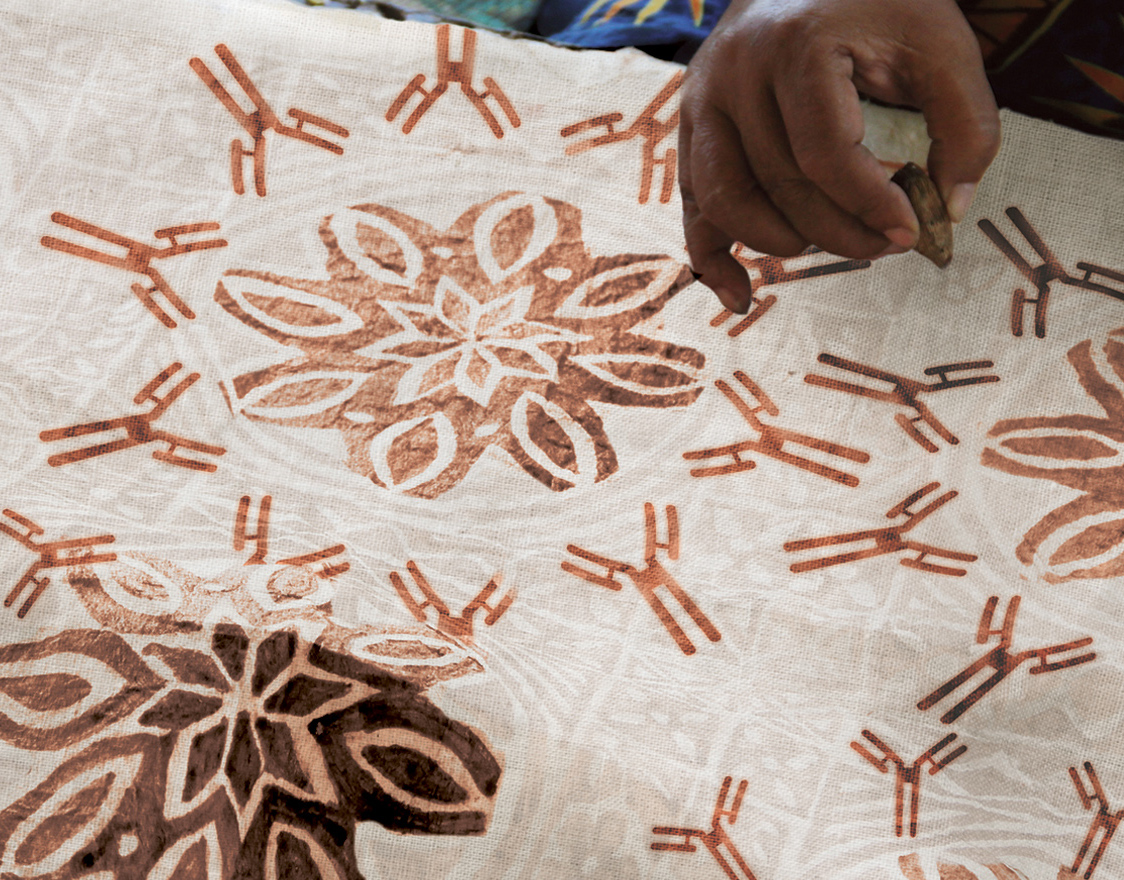As cases of the highly infectious disease soar overseas, numbers are rising here as travellers return to Australia.
Watch for signs of measles, especially in travellers who have recently returned from overseas, Australian experts warn.
Seven new cases of the highly contagious disease have been reported this year along Australia’s eastern seaboard, as measles numbers soar in Europe, the US, the Middle East, Asia and Africa.
In January, new cases of the disease were reported in NSW, Victoria, Queensland and the ACT.
In NSW, there have been two cases so far this year. Both have been in children under five including a nine-month-old infant who recently returned from Asia and who was infectious while visiting locations in Sydney’s inner west and south-west.
In Victoria there have been three new cases of measles this year, all in travellers who returned from Indonesia, India and Sri Lanka.
Last week, Queensland reported one case of measles in an adult in Brisbane’s southside area who later visited a shopping centre and Princess Alexandra Hospital’s emergency department.
The ACT had one case of measles in January: a traveller from a recent overseas trip to India who travelled from Sydney Airport to Canberra by bus and then visited Canberra Hospital’s emergency department.
Related
An ACT Health spokesperson told The Medical Republic there had been no additional measles cases in the ACT beyond that single case first reported on 24 January.
“ACT Health has contacted all potential contacts and there is no concern for community transmission.
“ACT Health is encouraging all Canberrans to check their measles vaccination status to make sure they’re up to date – particularly before travelling overseas. Vaccination is the best way people can protect themselves and their family against measles.”
Paediatric infectious diseases physician Professor Cheryl Jones told The Medical Republic that potential measles outbreaks could occur in the community, despite Australia’s high vaccination rates.
“It’s a highly infectious disease,” said the Dean of Sydney Medical School at the University of Sydney.
“Within Australia we have very high vaccination rates, but it’s in pockets of the community where often people have been not born in Australia…that we see potential outbreaks.”
Victoria’s acting Chief Health Officer Dr Christian McGrath said outbreaks of measles had recently been reported across the globe, so any overseas travel could potentially lead to exposure.
“Anyone planning overseas travel should ensure they have received appropriate vaccinations, including an MMR vaccine if they don’t have a history of two previous MMR vaccinations,” said Dr McGrath.
He also recommended urgent vaccination for anyone known to have been exposed to the virus.
“People can be administered MMR vaccine within 72 hours of exposure to measles to prevent infection,” he said.
“Failing that, we recommend that people monitor for symptoms and seek medical attention if any symptoms develop.”
Measles generally begins with cold-like symptoms including a runny nose, cough and conjunctivitis, followed by fever and a rash that appears three to four days after the first symptoms and usually starts on the face before spreading to the body.
The currently available MMR vaccine offers a high level of protection, according to the Australian Immunisation Handbook. One dose of a measles-containing vaccine is about 96% effective, and two doses are 99% effective.
The US-based Centers for Disease Control and Prevention has said covid had increased the risk of measles outbreaks around the world as the pandemic delayed or prevented more than 61 million doses of measles vaccine being administered between 2020 and 2022.
Last year, cases increased by almost 45 times in the WHO European region, with more than 42,200 people infected in 2023 compared to 940 in 2022.






